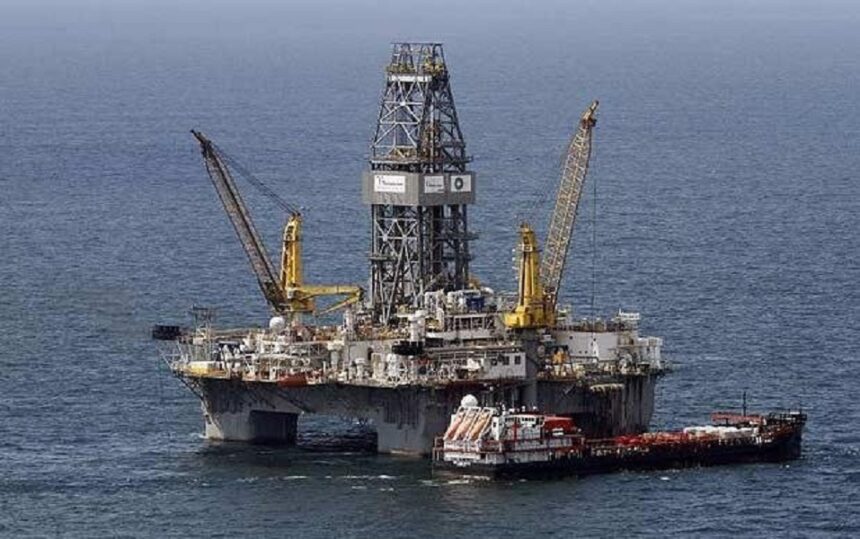ACCRA — Ghana’s petroleum revenue tumbled 56% in the first half of 2025 to $370.3 million, driven by a sharp drop in crude oil production and softer global prices, according to a semi-annual report by the Public Interest and Accountability Committee (PIAC). The decline raises fresh concerns over the West African nation’s fiscal health and the sustainability of its oil-dependent budget.
The report, launched in Accra on Thursday, showed total inflows into the Petroleum Holding Fund (PHF) fell to $370.34 million from $840.77 million in the same period of 2024. PIAC attributed the shortfall primarily to lower crude oil liftings and a dip in realized prices across Ghana’s three main producing fields: Jubilee, Tweneboa-Enyenra-Ntomme (TEN), and Sankofa-Gye Nyame (SGN). “The continued decline in production and revenue is a red flag for Ghana’s upstream petroleum sector,” said PIAC Vice-Chair Odeefuo Amoakwa Boadu VIII during the launch.
Crude oil output contracted 26% to 18.42 million barrels in January-June 2025, down from 24.86 million barrels a year earlier, due to operational shutdowns, reservoir depletion and maintenance activities. The average realized price for Ghana National Petroleum Corporation (GNPC) liftings slipped 13% to $74.93 per barrel from $86.12. No liftings occurred on the TEN field by the Ghana Group during the period, exacerbating the revenue squeeze.
Breakdown of the $370.34 million in receipts included $178.48 million (48%) from Carried and Additional Participating Interest (CAPI), $148.75 million (40%) from Corporate Income Taxes (CIT), royalties at $40.15 million (11%), surface rentals at $863,046 (0.2%) and PHF interest at $2.10 million (0.6%). PIAC noted that surface rental arrears ballooned to $2.82 million by June 2025, up from $439,000 the prior year, despite recovery efforts by the Ghana Revenue Authority (GRA).
Since commercial oil production began in 2011, Ghana has amassed $11.58 billion in cumulative petroleum revenues, underscoring the sector’s role in funding infrastructure, education and health under the Petroleum Revenue Management Act. However, the watchdog warned that persistent declines could strain the 2026 budget and energy financing, especially as Ghana grapples with debt restructuring and post-election recovery under President John Dramani Mahama.
PIAC urged the government to prioritize new exploration investments and field developments to halt the downturn. As of mid-2025, Ghana holds 13 active petroleum agreements, but drilling activity has slowed, with only the Deepwater Tano/Cape Three Points block advancing toward production. “Urgent action is needed to create an investor-friendly environment and reverse this trajectory,” Boadu said, calling for tighter collaboration among the GRA, Petroleum Commission, Bank of Ghana and Ministry of Energy to recover arrears and stabilize the industry.
The report also highlighted incomplete oil-funded projects and pushed for enhanced transparency in revenue management, including better oversight of state-owned upstream entities. Civil society groups echoed PIAC’s concerns, stressing that without reforms, Ghana risks a prolonged slump in its oil economy.
Analysts view the revenue drop as symptomatic of broader challenges in Africa’s oil sector, including maturing fields and global energy transitions. Ghana’s oil output peaked at 7.9 million barrels per day in 2019 but has since halved, prompting calls for diversification into renewables and gas.




